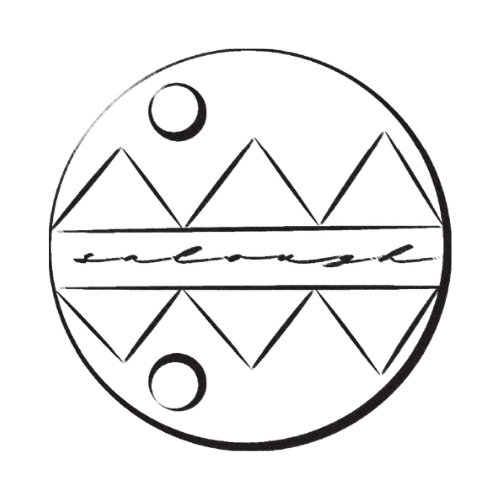Do I go for rock, paper, or scissors? I stood next to two of my closest friends, and a dozen strangers, in the most intense rock-paper-scissor match of our lives. The game would decide who could join the international volunteer group to the disaster zone a month after a tsunami devastated the Japanese coastline on March 11, 2011.
With all of the news about radiation and a second quake, I never imagined there would be an outright competition to volunteer. I had my doubts, but I felt it was my duty to give back to a country that had given me so much — a livelihood, great friends, and endless playtime in the mountains.
Nearly a decade later, I remember the thoughts. What if I drew wrong and my friends went without me — or worse — What if I had to go without them?
Janken, or rock-paper-scissors in English, is a popular way to settle disputes and that was what we did.
I took a breath. I drew scissors, and so did my two friends. There were some rocks, but most had drawn paper. Thrilled at winning a place on International Team #58, my stomach turned knowing that we would be spending a week sleeping in tents, sweating in head-to-toe raingear, and clearing the toxic sludge that permeated every nook and cranny in one of the worst affected communities.
On the eight-hour ride to Ishinomaki my thoughts drifted to radiation fears, then to the tremor I’d felt the night before, wondering if the earth had finished shaking.
Our mission was to clear the sludge that caked the city, threatening surviving residents with disease-causing germs. I could sense the panic that it needed to be dealt with soon — but there was too much.
Guilt raked my brain. I wanted to help, but the experience, the hours of shoveling heavy, rank, toxic sludge, only seemed to test my own endurance. We saw staircases without homes, cabinets filled with belongings, a car on top of a house, a wallet, a pink child-sized gumboot. I would leave in a week, and this place would still look like a dollhouse turned upside down.
Then our team took on the “Fish Retrieval Project.” The great wave had dumped seafood from a cannery over an entire village. In the first hour, I cut myself on the fin of a rotting red snapper. I couldn’t shake the feeling that I was contaminated. We had four days to go and I was spent. My friends cheered me up by turning the cleanup into a game. “Jackpot!” they’d say, holding a fish with black ooze, before throwing it into a bag.
Later, a local woman brought us candies and fresh water. She’d lost her parents in the tsunami, yet, amid the ruin, she told us she was “genki”, a Japanese word for being in good spirits, as she watched us. I realized that our teamwork had uplifted this one woman’s spirt. That connection, and many followed, was all I needed to carry on.
The team bond strengthened over the days, and we used it to work harder. When our energy waned, or when the fish melted like butter in our hands, we’d share stories, which often resulted in laughter.
On our last day with the fish project, I redoubled my efforts as a group of locals joined us desperate to remove the rotting purple squid, tuna, and red snapper, from their village. At the end of the day, we thanked each other. One man shed a few tears, as I held back my own.
At the volunteer washing station in the city, I was moved again when a woman offered a drop of shampoo. With clean hair I felt I could stay another week. That evening, two residents played the shamisen, a three-stringed instrument, as we sat around a fire with tea, and later at our camp, we were offered hot soba noodles. These acts of kindness were unexpected, frequent, and fuelled my desire to give back. That’s the thing about giving, it never stops.
We arrived as International Team #58 and became Team Chikaramotsu — meaning ‘We carry the power.’ I left that week of volunteering knowing that we can all just be another number clearing sludge, or we can carry the energy we want to share with the world, and with those who need it most.


